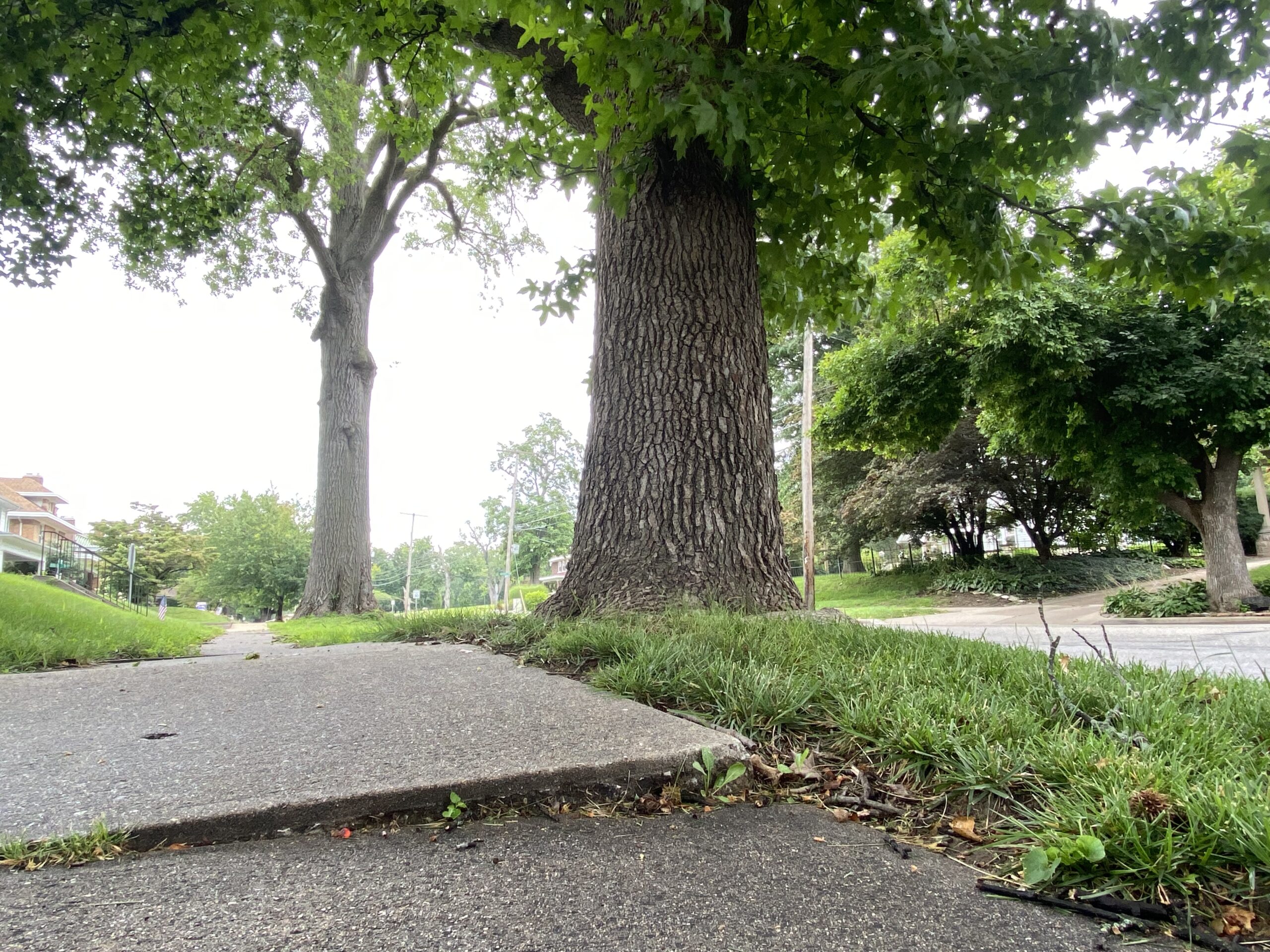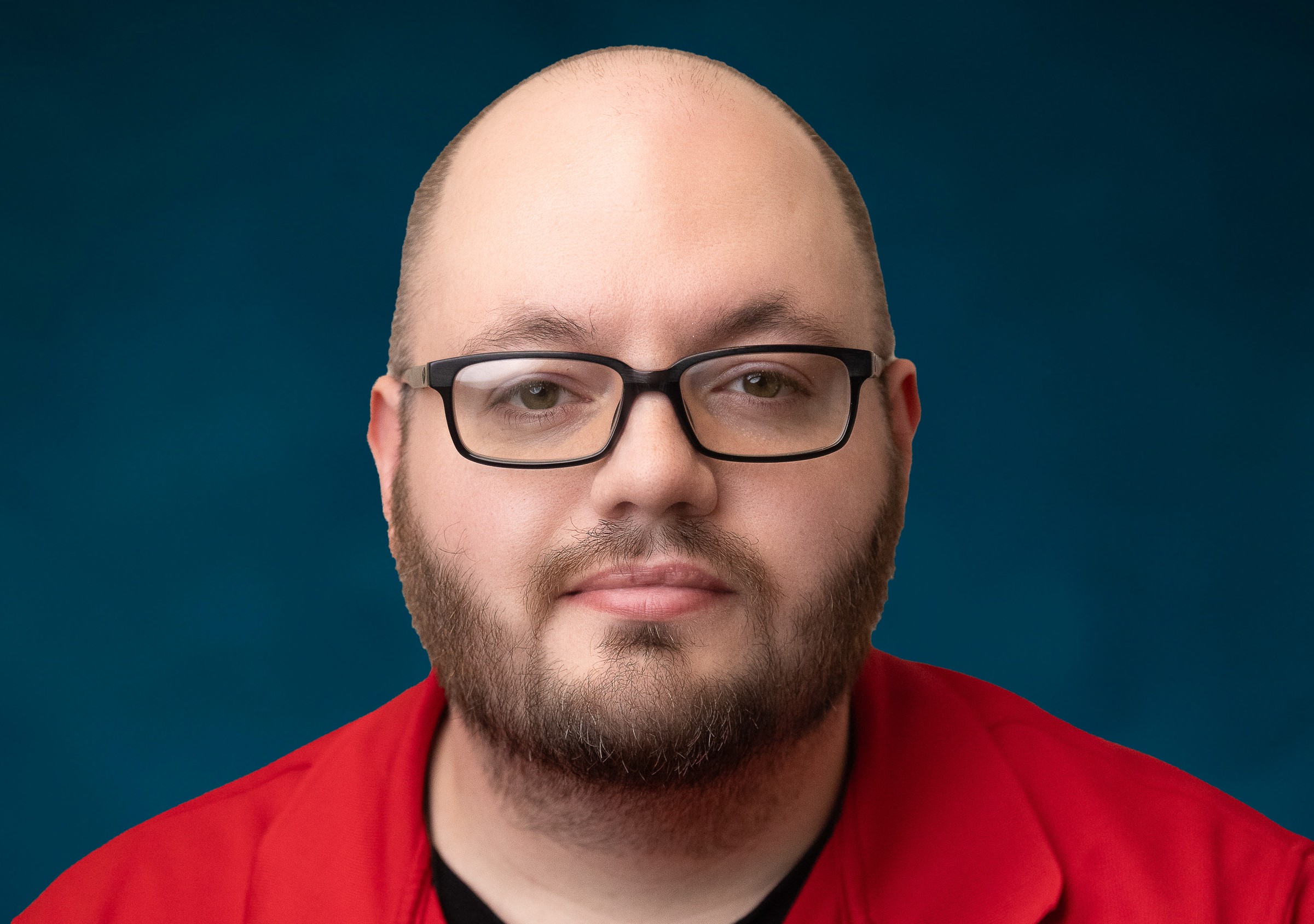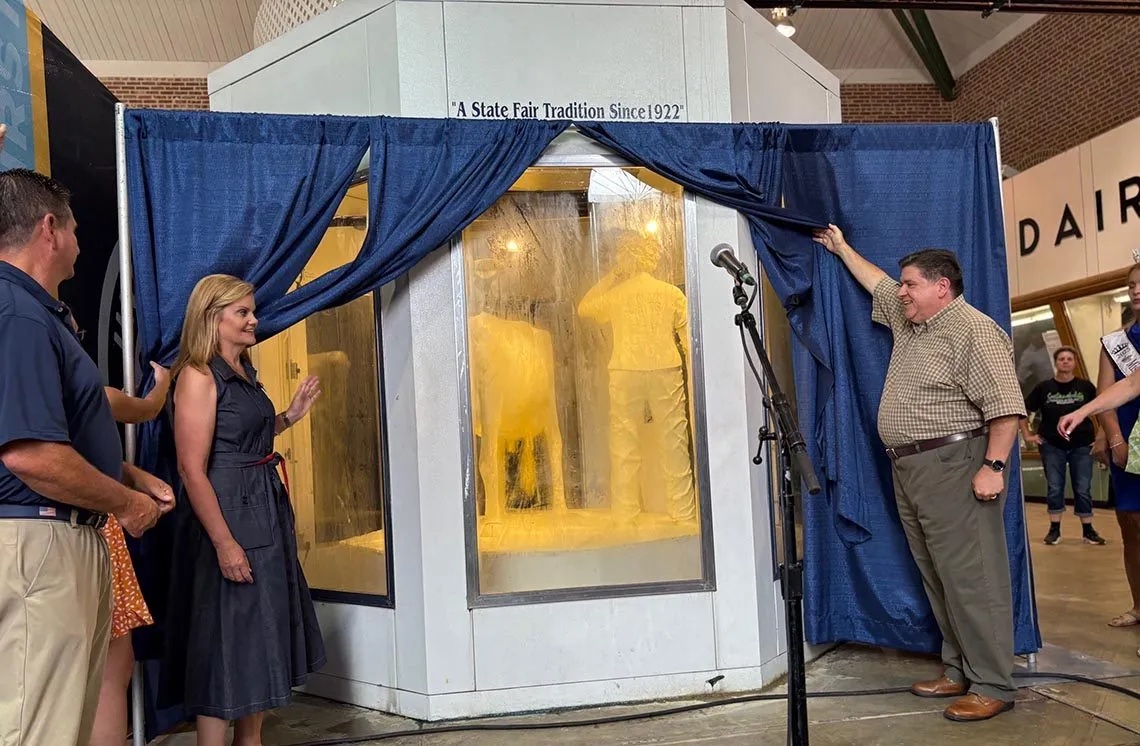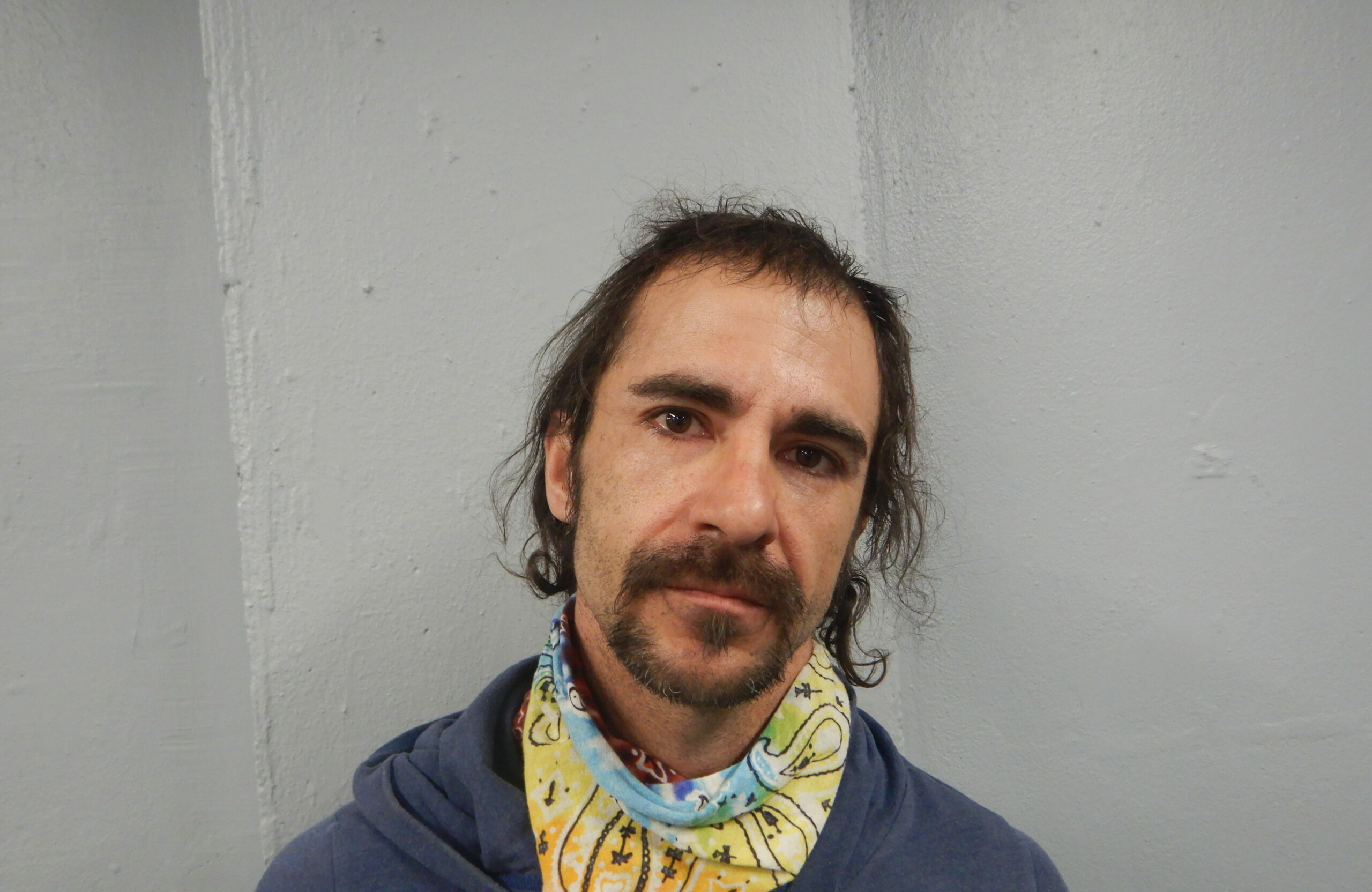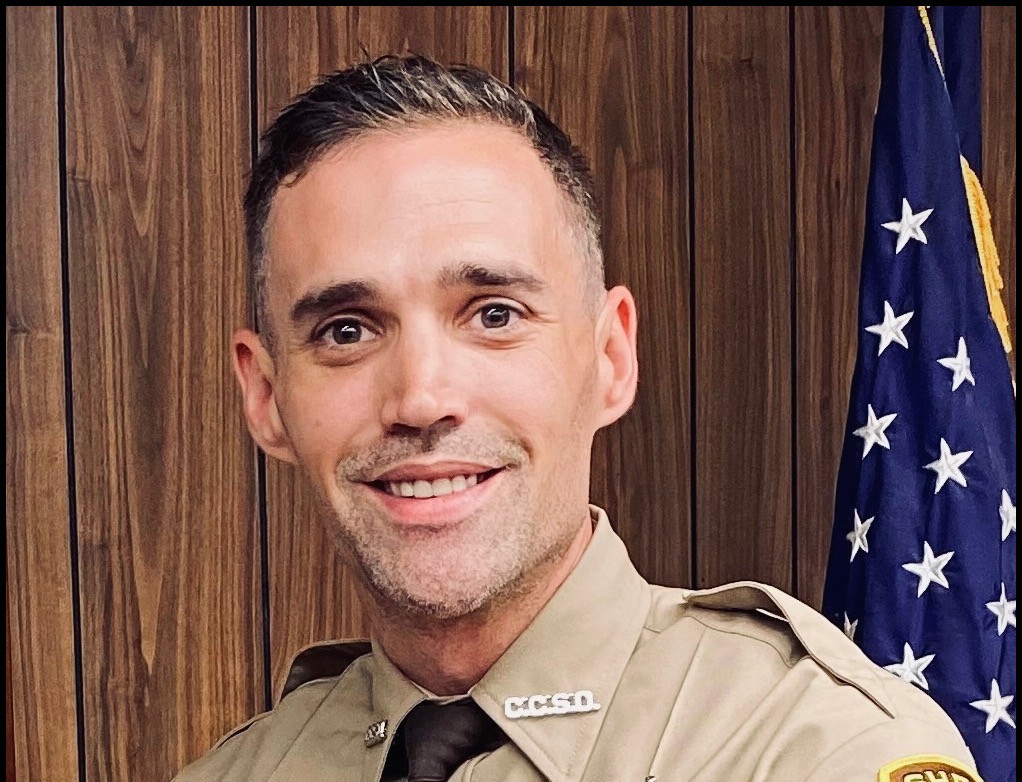Quincy On Friday, Nora Baldner concluded her first week as Scott Hardy’s new co-host of the WTAD Morning Show with a quiet yet significant moment.
During one of the show’s last segments, Hardy stated that President Richard Nixon delivered his resignation speech on this day in 1974.
The speech permanently altered the trajectory of American history and demonstrated the importance, influence, and necessity of journalism—especially investigative journalism that aims to hold people in positions of authority accountable.
A whole generation of journalists was inspired by the publication of All the President’s Men two years later, which starred Dustin Hoffman and Robert Redford as Carl Bernstein and Bob Woodward, the two Washington Post reporters who exposed the Watergate affair. Among them was Baldner.
Completed. She remembered viewing the movie as a child in California and thought, “That’s what I want to do.”
Baldner graduated from the University of California at Davis with a bachelor’s degree in political science before pursuing a master’s degree in journalism at the University of Missouri in Columbia. (It was a logical development for someone whose sixth-grade teacher commented on her report card, “A little obsessed with current events.”
She began her radio career at Columbia’s National Public Radio station, KBIA, through the University of Missouri School of Journalism. She later studied television reporting at Mizzou’s KOMU-TV. As a reporter for WGEM, where she spent several years in a range of positions, she occasionally made radio appearances. She worked as a columnist for the Quincy Herald-Whig and at a few other midwestern media venues, such as KHQA-TV. Over the course of her more than two decades in the news business, she won both an Emmy and an Edward R. Murrow Award.
She also dabbled in local politics when she ran as a Democrat for mayor of Quincy in 2021, losing to Republican Mike Troup, who held office for one term before losing to independent candidate Linda Moore in April of this year.
However, Friday was not just the last day of Baldner’s first week at WTAD, but it was also the first week the station had been without Mary Griffith following 37 years of operation.
“I can’t possibly fill her shoes,” Baldner remarked. Even sitting in her chair makes me feel so humbled.
Griffith: The unapologetic Queen of the Universe
In reference to Griffith’s moniker as Queen of the Universe, a pink and gold crown is embroidered on the chair. It would be hard to replace her, Baldner remarked.
(Griffith) didn’t say sorry. An actual journalist. One to be taken seriously. “I’m not scared to speak,” Baldner remarked.
Baldner came to Quincy in 1989, not long after Griffith started working at WTAD. Although she can’t recall why she was on Griffith’s show, Baldner recalls a heated discussion with her on-air over journalistic ethics and standards as well as their unwavering dedication to the purpose of their work.
She simply understood the work. Baldner remarked of Griffith, “She knew how to do it correctly.” She truly understood what a story was, how to tell it, and how to engage her audience. She was one of the good ones, a true journalist.
Griffith’s longevity in her career was evidence of her skill as a storyteller.
According to Baldner, you don’t last that long without others noticing you if you don’t have ethics, professionalism, and execute your job right. She simply became incredibly important to this community.
Griffith left her job to take care of her husband, who is undergoing home dialysis due to kidney failure.On July 25, which was the outlet’s 100th anniversary, she left WTAD.
A week later, Baldner was announced as her successor. She wants to add a little bit of a different flavor to the show, not replace Griffith or drastically change what viewers have grown to enjoy. She is most excited to engage with listeners to learn about their needs and desires, and although she hopes they will be understanding and tolerant of someone doing it a little bit differently, she also welcomes constructive criticism.
For over ten years, Baldner has been a communications instructor at Quincy University. She will share with her pupils her personal experience of covering local news in real time by going back to work as a journalist.
You don’t wish to be the faculty member who says, We used to do this back when I was alive. According to her, those stories are outdated and stale, and nobody wants to hear them. I can now state that this is what we did this morning. The ability to experience that modern, everyday life was something that really appealed to me.
The times, they are a changin but truth remains the same
It would be an understatement to suggest that since Baldner’s 1989 journalistic debut, the media landscape has evolved.
In 2023, only 32% of Americans said they had at least a reasonable amount of faith in national news sources, down from 72% in 1976 when All the President’s Men was published. Nearly three out of four Americans said they had at least some degree of faith in their local news outlets, demonstrating the significantly higher level of public trust at the local level.
Although the majority of Americans still think their local news organizations are financially stable, a 2024 Pew Research Center study revealed that only 15% of Americans had paid for local news in the previous year.
According to a 2024 Local News Initiative research, over 3,200 print newspapers have disappeared since 2005 and are still going out of business at a pace of over two every week. The significance and influence of those that remain have been further reduced by aggressive consolidation attempts by big businesses that are not familiar with the areas they serve or even the journalists they hire.
The news business made a near-fatal mistake in the late 1990s and early 2000s when they failed to properly evaluate how the internet will affect their income models and make the necessary adjustments. Over the past 10 years, local TV news viewing has steadily decreased, and although local news websites such as Muddy River News are growing, 85 percent of Americans do not pay for them because there is an abundance of free local news available.
(PUBLISHER’S NOTE: You are free to use Muddy River News as often as you like and there isn’t a paywall. JRG
In addition, the recent elimination of $1.1 billion in government support for public broadcasting probably dealt a last blow to hundreds of public radio stations that were already having financial difficulties, particularly in rural areas.
In 2025, being a journalist isn’t as secure financially, respected, or harassment-free as it used to be. Baldner thinks local journalism is more important now than ever because of these circumstances, not despite of them.
She stated that maintaining journalism is extremely crucial. As someone who understands the value of journalism to a community, I was genuinely humbled and honored to be a part of the next iteration of that.
In response to a question about how she could possibly start teaching the next generation of journalists in an era of rapid change, particularly in the area of how and where we process information, she stated that the most crucial elements—truth, transparency, and sound research and interviewing techniques—have not changed.
Principles of journalism I still have faith in them. They seem valuable to me. “I believe they are necessary,” she replied. The goal is to improve the community, draw attention to issues, and hold those in positions of authority responsible. But what are you standing on if you don’t have those standards?

